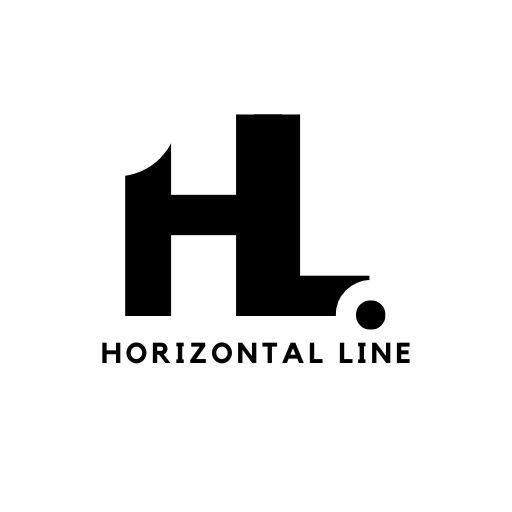DragonImages / iStock.com
- Tucker promises new financial plan
- How To Stop Your Gen Z Kids From Being Financially Dependent
- 6 Things You’ll Regret Cutting From Your Budget Just To Save Money
- Year-End Financial To-Do: Tax Loss Harvesting – A Smart Strategy for 2024
- Rapid City financial advisor Rick Kahler tells why technology makes modern financial planning more human than ever — The South Dakota Standard
Commitment to Our Readers
GOBankingRates’ editorial team is committed to bringing you unbiased reviews and information. We use data-driven methodologies to evaluate financial products and services – our reviews and ratings are not influenced by advertisers. You can read more about our editorial guidelines and our products and services review methodology.

20 Years
Helping You Live Richer
Bạn đang xem: 7 Accounts You Should Have by 40, According to Money Influencer Steve Chen


Trusted by
Millions of Readers
If you’re just starting out in your career, you might not be thinking too much about your financial goals at age 40. But that’s a mistake. Forty arrives sooner than you think — and the time to start preparing is now.
In a recent Instagram post, money influencer Steve Chen recommended opening at least seven financial accounts by the time you’re 40. Here’s what you need to know.
Checking Account
This account “should only be used to pay off bills and withdraw money from the ATM — nothing more,” Chen said.
Checking accounts come in many forms, but the best ones have low or no fees or minimum balance requirements, and pay interest on your deposits.
High-Yield Savings Account and/or Certificate of Deposit
These accounts should be opened to build a three- to six-month emergency fund, according to Chen. The best high-yield savings accounts are often found at online banks. In GOBankingRates’ list of the best high-yield savings accounts of 2024, the top accounts were paying between 3.90% and 4.75%.
For those who’d rather go the certificate of deposit (CD) route, a recent GOBankingRates analysis found that the top CD rates are around 4.65% for a three-month CD and 4.75% for a six-month CD. Just keep in mind that you have to wait until the CD matures to withdraw money, or you’ll likely face an early withdrawal penalty.
Employer-Sponsored Account
Retirement accounts, such as 401(k)s and 401(b)s, are employer-sponsored plans that let workers make regular contributions through payroll deductions. With a 401(k) plan, you can pick from several investment options, including stocks, bonds and mutual funds. Many employers match your contribution. Chen recommended contributing only up to the company match.
Here are some rules to remember.
- All contributions are tax-deferred, meaning you won’t pay taxes until you begin to make withdrawals.
- In nearly all cases, you’ll face a penalty if you make withdrawals before age 59 1/2.
- You can contribute up to $23,000 a year in 2024, though that will rise to $23,500 in 2025.
Retirement Account
Another retirement savings option is an individual retirement account, or IRA. Chen specifically recommended a Roth IRA “so you can get the tax advantages at 59 1/2.” That refers to the fact that with a Roth IRA, you pay taxes when you contribute the money, meaning that when you make withdrawals after age 59 1/2, you won’t owe taxes. With a traditional IRA, you don’t pay taxes on money you contribute but do owe income tax on any withdrawals.
Brokerage Account
In this context, “IBA” refers to an individual brokerage account. Chen recommended this option “if you want to continue to invest and not have early withdrawal penalties.” A brokerage account is simply an investment account that lets you deposit money and then use it to buy or sell stocks, bonds and other types of assets.
Numerous options are available, including full-service brokerage accounts, managed accounts and online accounts.
529 or Custodial Account
As Chen noted, this account comes in handy “if you want to invest for your kids — which you should because they have a lot of time for compounding.”
A 529 is a college savings account designed to make it more affordable to fund future education expenses. There are two kinds of 529 plans: prepaid tuition plans and college savings plans. With the former, you can pay tuition now — locking in the current rate — and receive credits for future semesters at qualifying institutions. With the latter, you save money in a 529 account that’s typically sponsored by your state.
Health Savings Account
A health savings account, or HSA, is a tax-advantaged savings account that helps eligible individuals pay for qualified medical care. Chen recommended an HSA because it lets you “pay for qualified medical expenses and get triple tax advantages.”
Here’s a quick look at the tax advantages, according to HSA Central:
- Contributions are tax-deductible.
- All interest earned is tax-deferred.
- Withdrawals for eligible medical expenses, such as deductibles, copays, prescriptions, vision care and dental care, are tax-free.
Nguồn: https://horizontalline.icu
Danh mục: News









